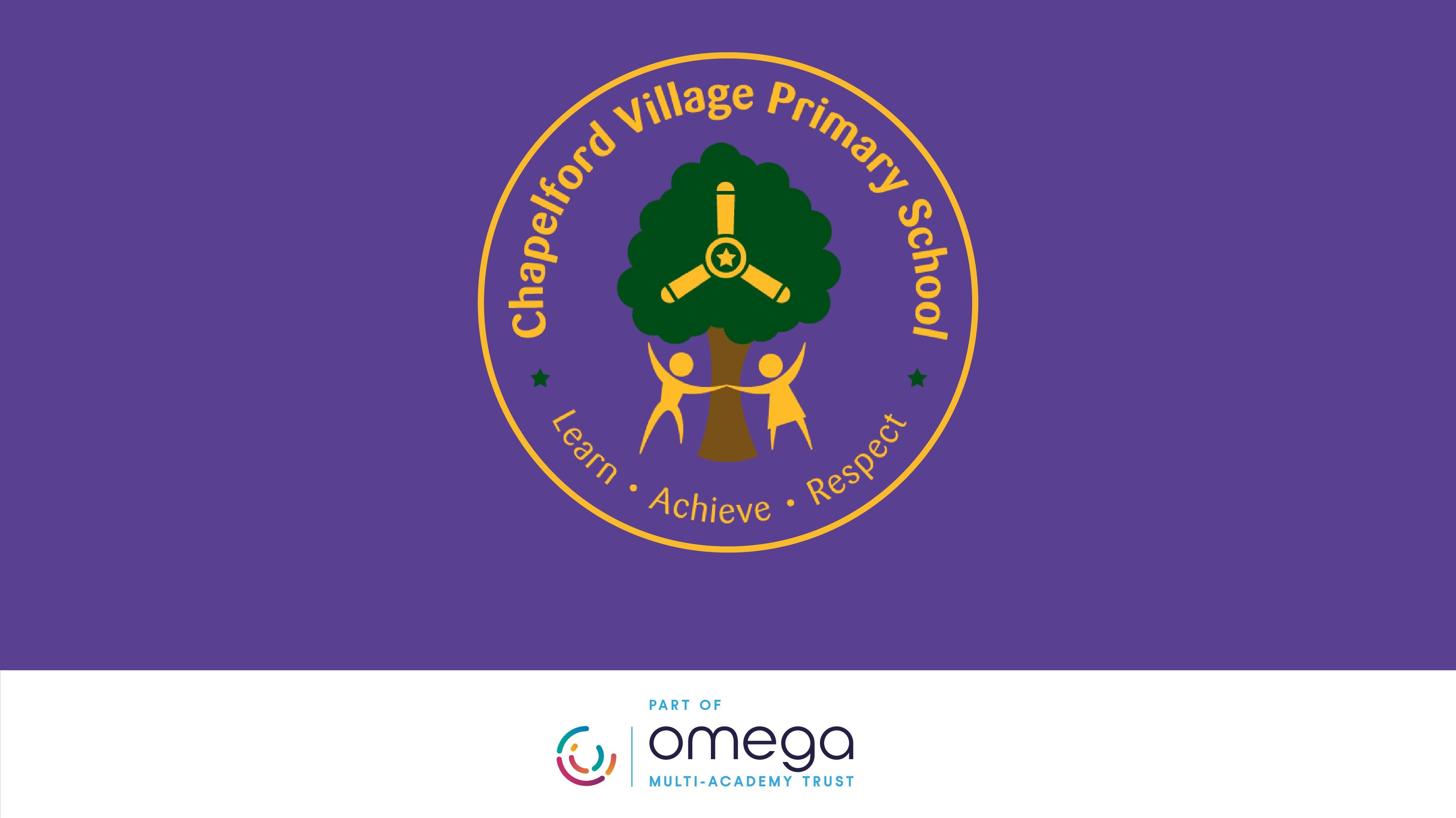





Aims of the session:
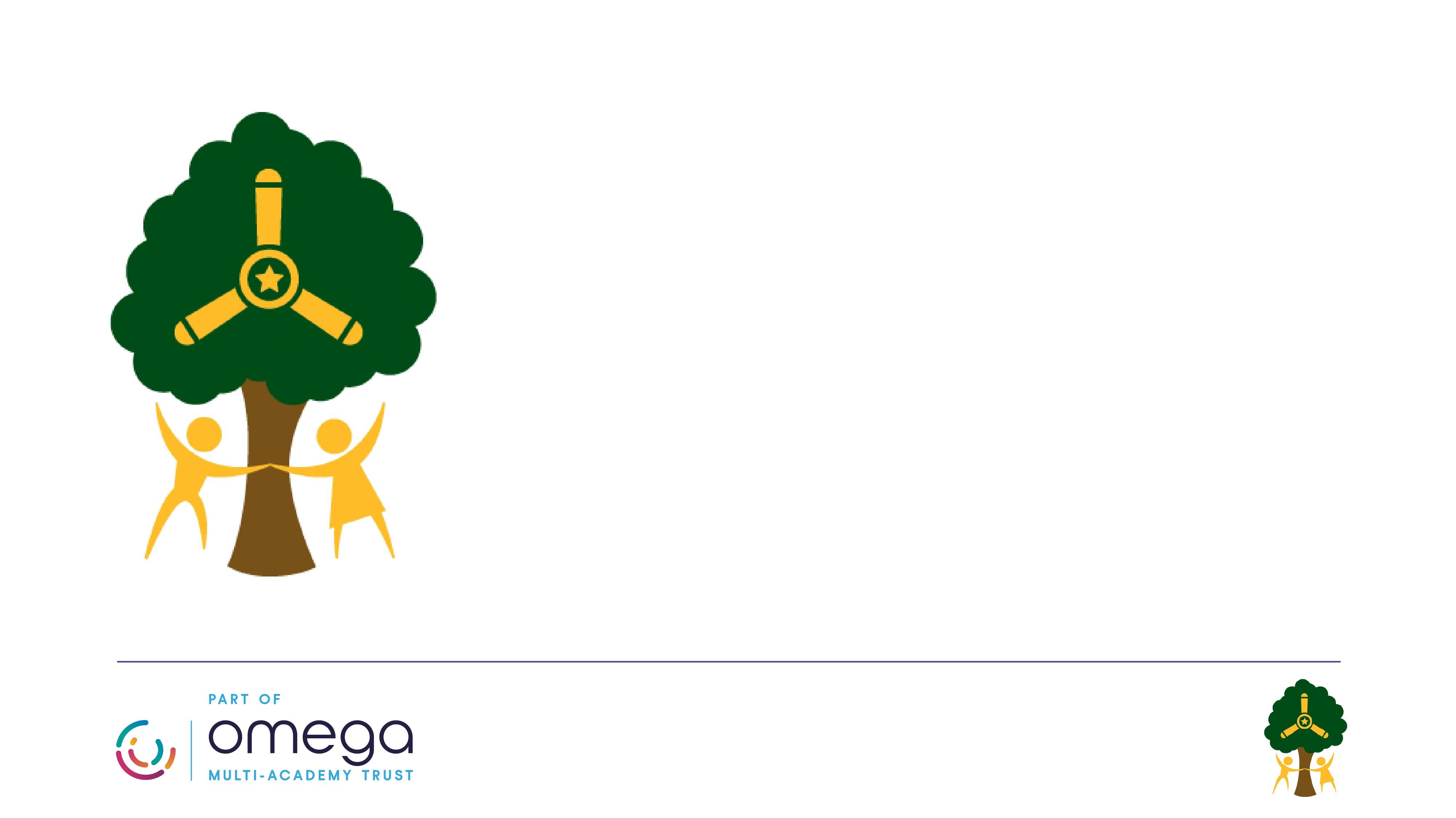
1.Introduction to Assessments: An overview of the assessment arrangements and expected standards for Year 2.
2.The Assessment format: Insight into the layout and questions within the Reading, Maths and Spelling papers.
3.Home-School Partnership: Tips and suggestions on how you can further support your child at home.
4.Q&A Session: An opportunity to ask any questions you may have about the assessments.
• Our teacher assessment is what counts

• SATS are used to support or challenge our professional judgement
• We keep SATS low key

• All children are assessed during the last term of year 2 to judge what they have learned over the course of key stage one (years 1 and 2).
• Teachers judge whether each child in their class has achieved the expected standards for the end of key stage one.
• Teachers will use a range of evidence to support their judgements, including the children’s results in their national curriculum tests, as well as independent work in class.
• Teachers will judge what a child is able to do independently and align this with the national expectations for a child at the end of key stage one.

• We will not tell the children they are being tested or call them tests.
• The children will work on the assessments in their own classroom in smaller groups to allow them to space out.
• The assessments will be timetabled across the weeks to prevent the children feeling overwhelmed. To them, it will be like a usual English or maths lesson.
• There is no writing test. The teachers will make a judgement using the children’s writing over the course of year 2 and the results of the English grammar, punctuation and spelling papers.

Insight into the layout and questions within the Reading, Maths and Spelling papers.
• Reading consists of 2 papers: Reading paper 1 and 2.
• Maths: Arithmetic paper and Reasoning paper.
• English: Spelling, punctuation and grammar and Spelling.

The children will have covered a range of skills across the year such as making predictions, retrieval, inference, vocabulary and sequencing, using a wide range of fiction and non-fiction texts. They will have answered a range of questions using these skills so that the assessment is nothing new for them.
This is done through small group guided reading sessions with the teacher as well as weekly whole class reading sessions.
Both reading papers contain a variety of texts which increase in difficulty. Paper 2 is more challenging than paper 1.
Paper 1 (30 minutes)
Short sections of text for the children to read with questions underneath for them to answer.
Paper 2 (40 minutes)
A reading booklet with texts and a question booklet to record answers in.
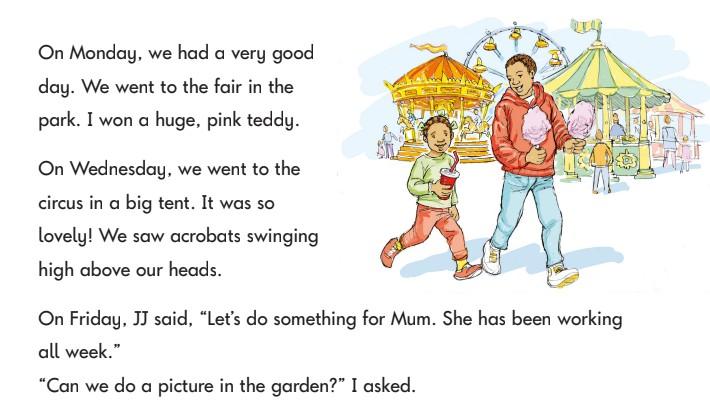




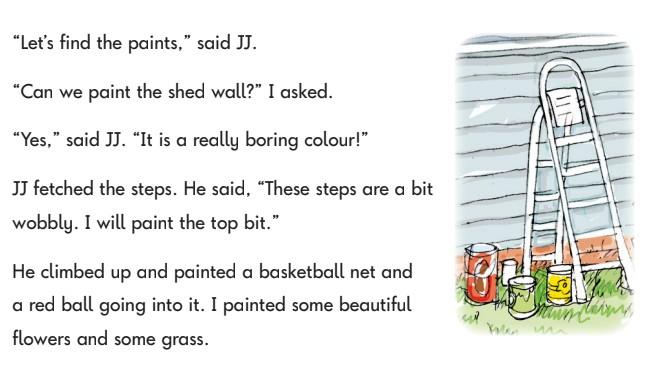

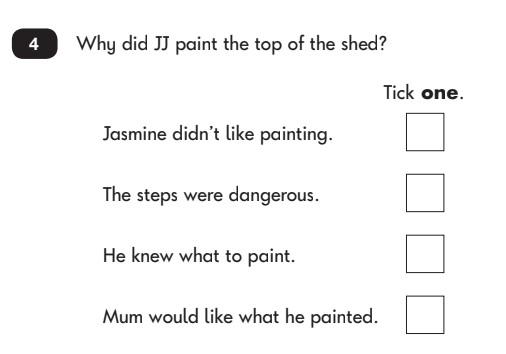

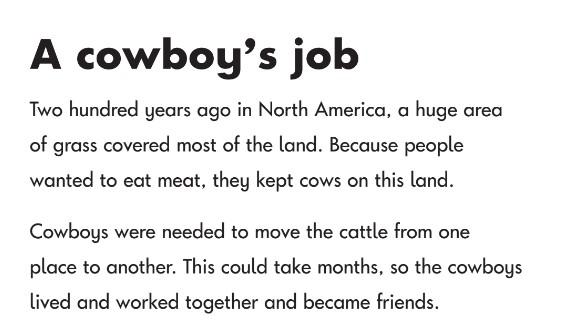


During English units, the children are taught mastery keys to help them with the content of their writing, such as using conjunctions, creating expanded noun phrases by using adjectives and using a range of punctuation accurately. These keys are taught throughout the unit of writing and then applied by the children in their final piece of writing. This ensures that they can use a range of skills and will be familiar with the terminology used in assessments.
Spelling sessions in class also include weekly dictated sentences which are read out to the children and they have to add in the missing word. This means that they will be familiar with the structure of the assessment.

Paper 1 - Spelling (15 minutes)
The children have a booklet of sentences with missing words. The teacher reads out the sentences and children write in the correct spellings.
Paper 2 - Grammar, punctuation and vocabulary (20 minutes)
A question and answer booklet which tests children’s knowledge of grammar and punctuation rules, as well as their vocabulary.

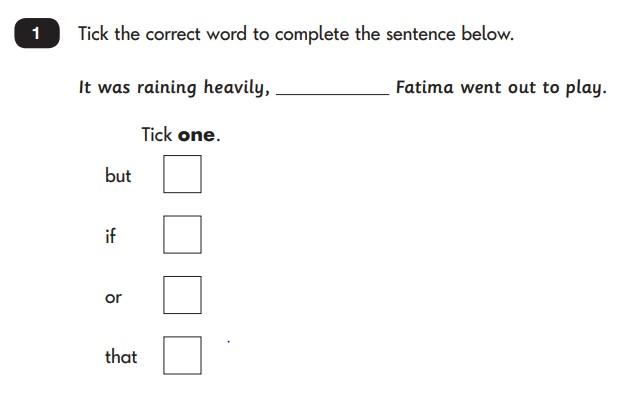
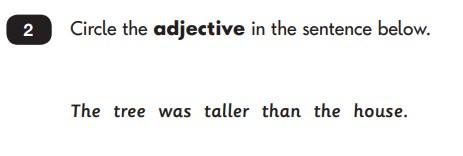

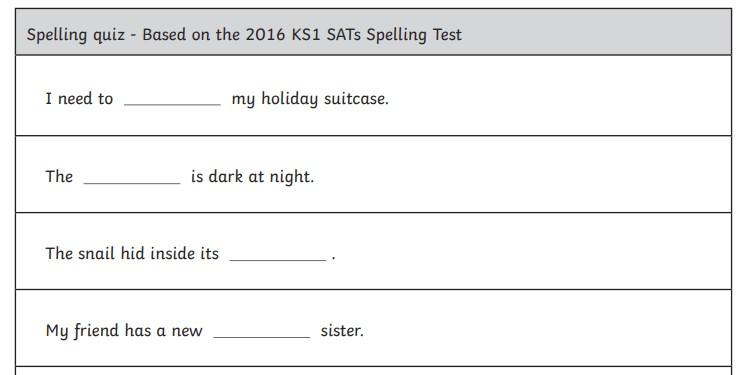
Missing words: pack, sky, shell, baby

TITLE OF DOCUMENT

Maths sessions at Chapelford consist of a range of fluency, problem solving and reasoning sessions. Fluency allows the children to become confident with a skill before moving on to applying the skill in a problem and then explaining their reasoning. Outside of maths lessons, the children also have 3 fluency sessions per week which focuses on revisit and review activities using previous learning to ensure that the skills are embedded.
Paper 1 - Arithmetic (20 minutes)
Addition, subtraction, multiplication and division, including finding fractions.
Paper 2 - Reasoning (35 minutes)
Solving problems and reasoning. 5 questions are read aloud and children have 30 minutes to answer the rest of the questions independently.




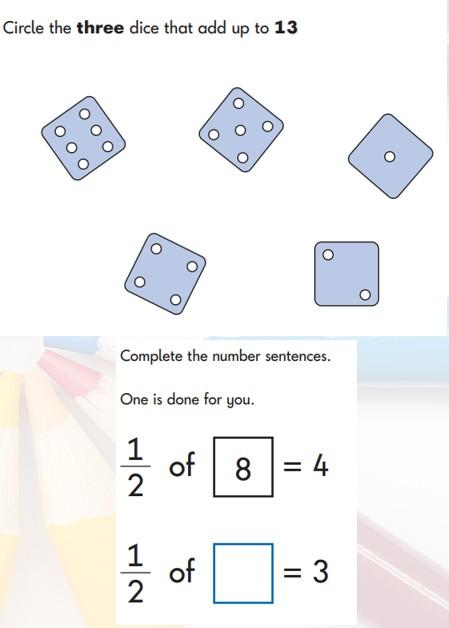

Insight into how to help your child at home in the 3 areas covered:
1. Reading- Fluency and Comprehension
2. English- Spelling and Grammar
3. Maths- Fluency, Reasoning and Problem Solving
Listening to your child read can take many forms:
• First and foremost, focus developing an enjoyment and love of reading.
• Enjoy stories together – reading stories to your child is equally as important as listening to your child read.
• Read a little at a time but often, rather than rarely but for long periods of time!
• Talk about the story before, during and afterwards – discuss the plot, the characters, their feelings and actions, how it makes you feel, predict what will happen and encourage your child to have their own opinions.
• Look up definitions of words together – you could use a dictionary, the Internet or an app on a phone or tablet.
• All reading is valuable – it doesn’t have to be just stories. Reading can involve anything from fiction and non-fiction, poetry, newspapers, magazines, football programmes, TV guides.
• Visit the local library - it’s free!


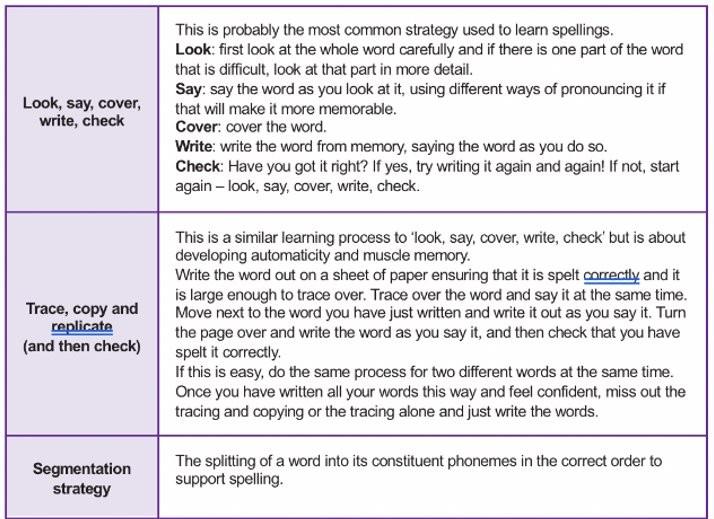
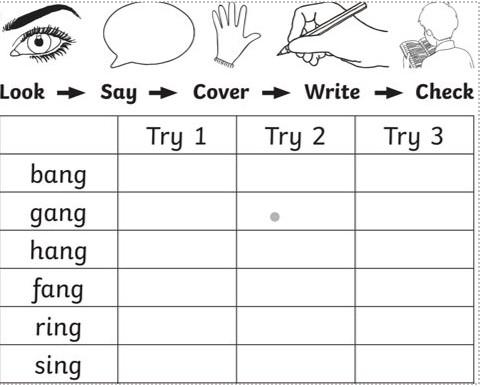

TITLE OF DOCUMENT

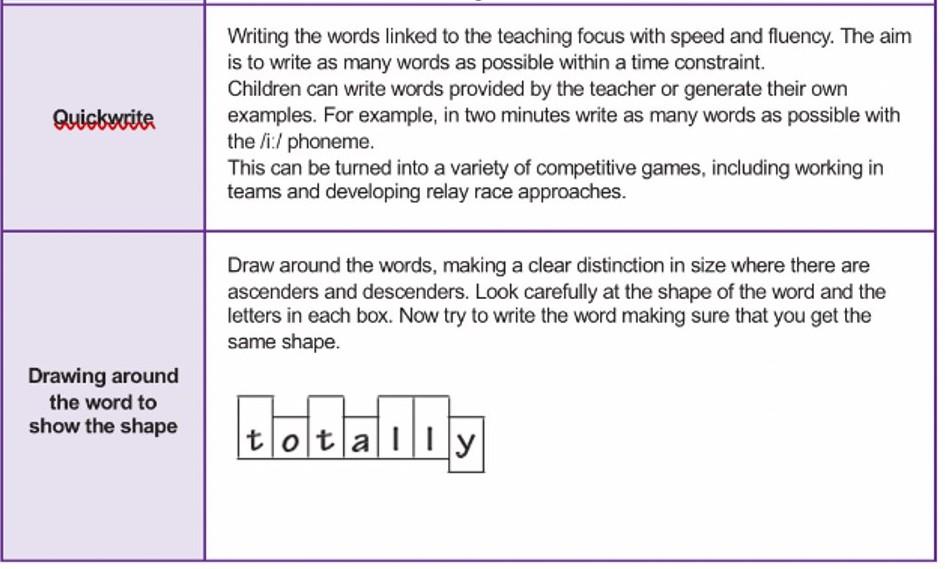
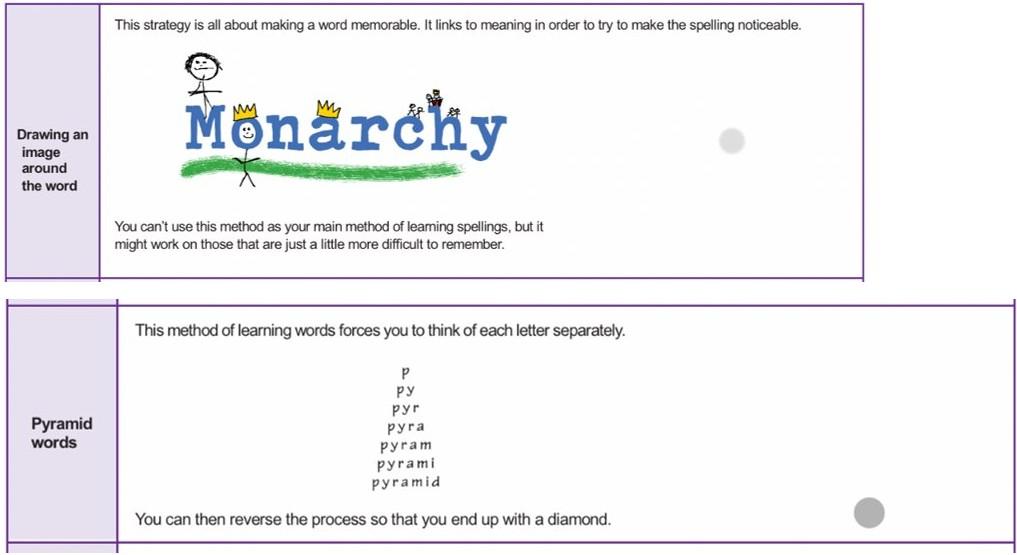
TITLE OF DOCUMENT
• Play times tables games.
• Play mental maths games including counting in different amounts, forwards and backwards.
• Encourage opportunities for telling the time.

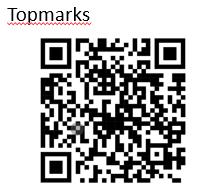
• Encourage opportunities for counting coins and money e.g. finding amounts or calculating change when shopping.
• Look for numbers on street signs, car registrations and anywhere else.
• Look for examples of 2D and 3D shapes around the home.
• Identify, weigh or measure quantities and amounts in the kitchen or in recipes.
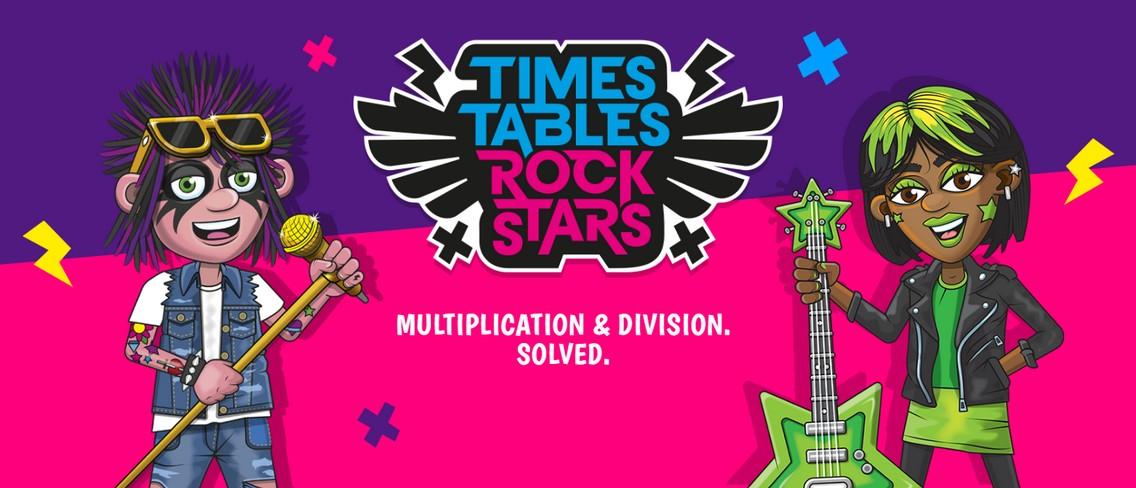
• Play games involving numbers or logic, such as dominoes, card games, draughts or chess.

At Chapelford, working with parents and carers closely is important to us. We want to support all parents and carers in how they can support their child’s learning at home. Our current expectations are:
• 5 reads at home weekly and signed in the child’s reading record.
• Weekly homework delivered on a fortnightly alternation combining online and paper homework, given on a Friday and returned the following Thursday.
• Half termly common exception words sent home to see your child’s gaps.
• Access to reading eggs, maths seeds, times tables rockstars and purple mash to further engage your children in learning in an unconventional way.
• Additional interventions for specific children requiring a match of learning at home e.g. Common exception words precision teaching, handwriting etc.
• Booster sessions for specific children before school e.g. phonics and reading.
• Learning club- Mondays to Thursdays before and after school.
• Wide range of after school clubs.

Reading Eggs and Maths Seeds

Oxford Owl

Times Tables Rockstars

Topmarks

Should you require any support with login details, please do not hesitate to contact your child’s class teacher via email.
Our school websitehome learning support

Purple Mash










